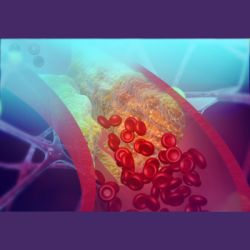Researchers from the University of California San Francisco (UCSF ) have trained deep learning (DL) applications to identify cost indicators from chest radiographs to predict future health costs covering five years.
In a Monday presentation at the Radiological Society of North America (RSNA) taking place in Chicago, researchers said DL could pave the way for increasing the value of imaging data.
You might also like: RSNA2019: President’s Address Highlights Burnout, AI and Team Delivery
“Cost is a crucial barrier to healthcare access and cost estimation can better prepare a patient physically and psychologically,” said Yixin Chen, a student at the University of Michigan Ann Arbor.
Chen added that radiologists can presently only extract a minimal amount of data from images but the algorithm she and colleagues have developed could change that.
During the development of the algorithm, the research team used 16,533 chest radiographs from UCSF from more than 19,000 patients.
The data was then broken down into sections that included patient’s age, gender, postal code and cost of care to date at UCSF Medical Center within five years of their exam.
This was followed with four different models of classification which were tested on 1,877 images.
The method resulted in an accurate prediction of the patient’s five-year healthcare spend and identified id they would be in the top 50% of healthcare spenders.
Chen said that limitations to the research were geographical: all of the data is from patients in the San Francisco Bay Area so unlikely able to be applied to other institutions.
Source: RadiologicalSociety of North America
Image credit: iStock



























